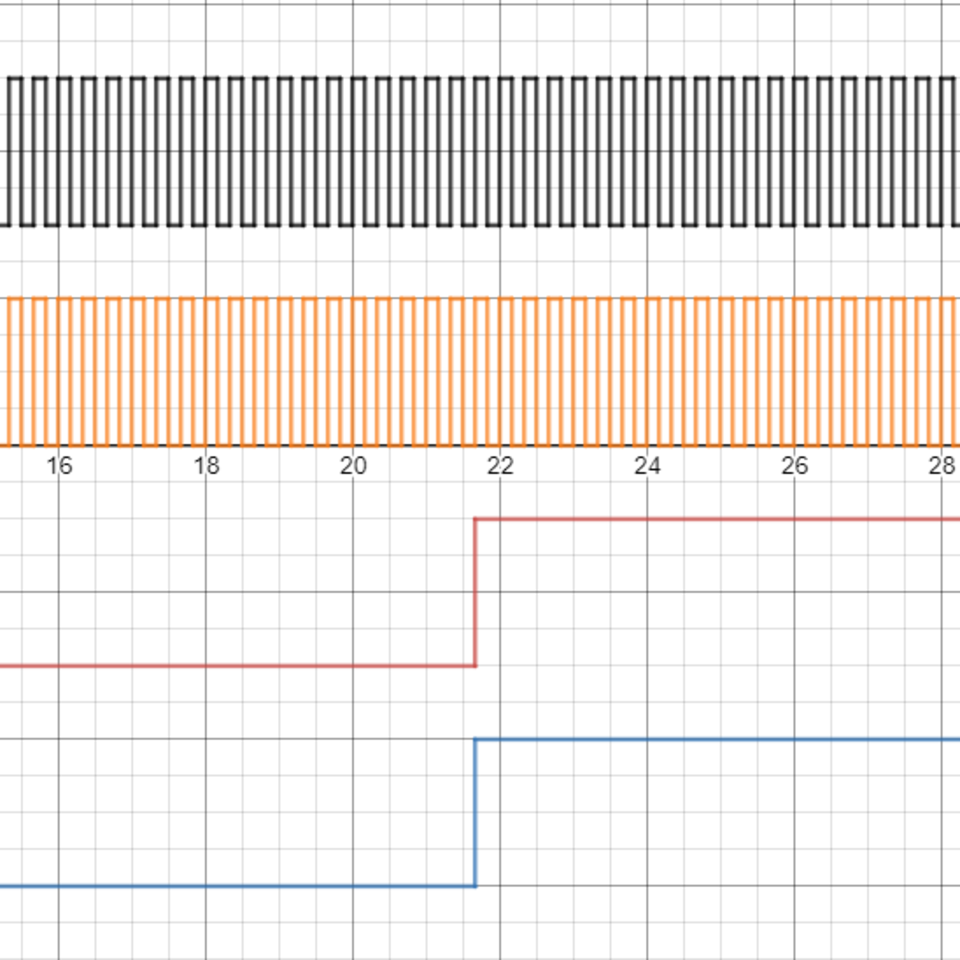Frequency Electronics is a public company that provides high precision time and frequency products for commercial and military suppliers. They are involved in clock systems found in ground base stations as well as commercial satellites. They provide a family orientated work environment and is smaller in size. One of the benefits of only having 390 employees is that there is less specialization, which allows employees to continuously learn and grow. This characteristic aligns well with students who desire to constantly expand and practically apply their engineering knowledge. Working here is not only an incredible opportunity, but a great privilege because you’re able to design projects like a Digital Phase Meter and slowly see it come to life. The last question in my Frequency Electronics position evaluation was, “What are your final words?” The answer is a sincere, “thank you too their control engineer, Huascar, for halting his busy work to have a two-hour discussion with me.” I say discussion rather than an interview because his pleasurable friendly nature made it feel like a conversation between colleagues. After working here for three months, I’ve realized that some of the smartest engineers here are also the ones who never stop asking questions. They share a desire to continuously learn and break complex problems into a chain of simpler one’s while being adaptable to unconventional solutions. An essential skill shared by everyone that works here is being able to replicate previous work and expand on it in some novel way. For example, we are digitally obtaining a phase difference using D Flip Flops. At the heart of the company is a desire to further advance and optimize the “clock” to meet various specifications. It’s a thrill to work here and all the engineers have a welcoming nature. If I make this place sound like a fairy-tale to future Hofstra students, well know that you can’t where your pajamas to work while eating ice cream in the engineering areas. You’ve got to work at Google for that. During your first month, you will meet the detail orientated engineering and physics team, attend weekly Monday meetings, and be thrown into the world of continuous learning and innovation. You will work on your ability to see unforeseen design challenges and pragmatically apply your engineering knowledge. Engineering is very much like solving a puzzle with a team and your job is to solve one very big puzzle with a smart team of individuals. My colleagues and I worked on timing diagrams, logic design, component selection, SPICE simulations, creating parts in KiCad, designing schematics, assigning footprints, laying out PCBs, routing, etc. If you can’t tell, I’d recommend Frequency Electronics.


